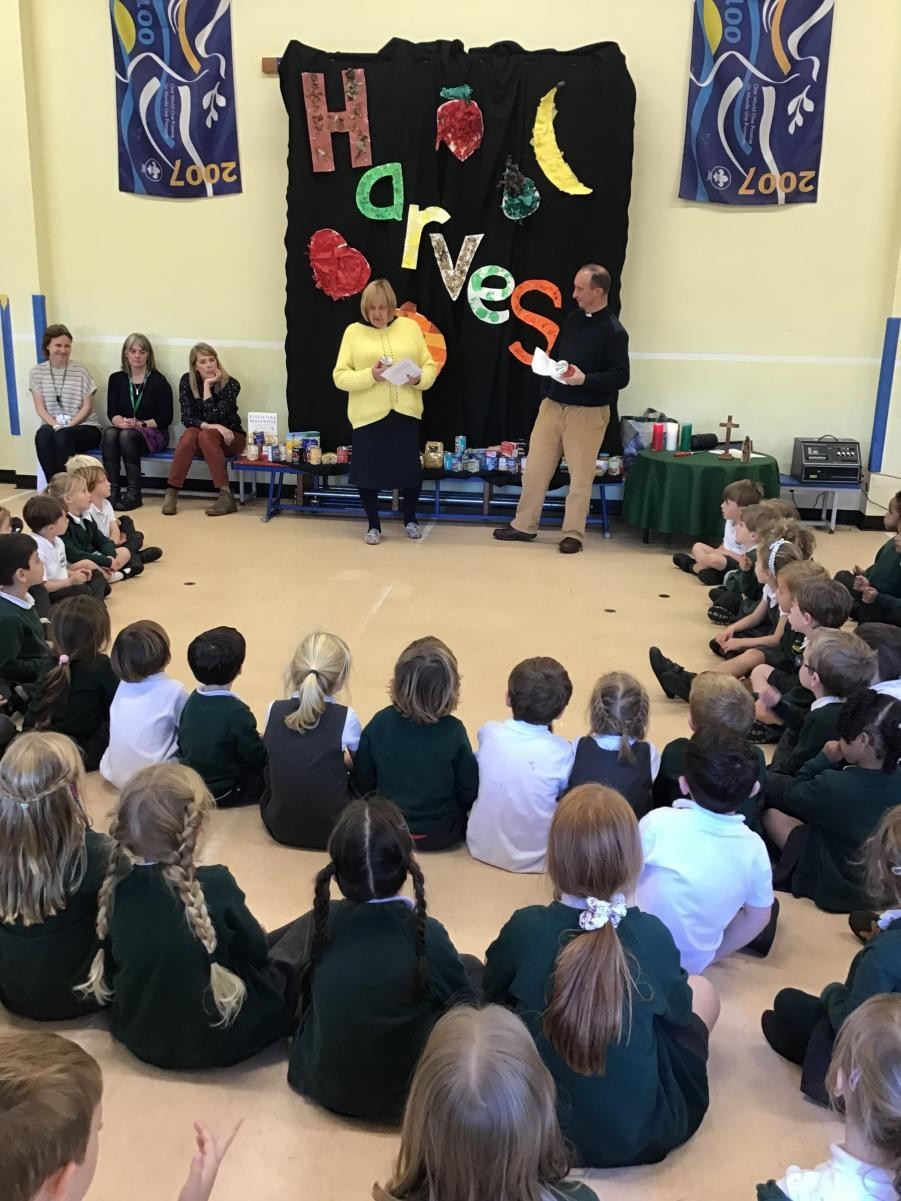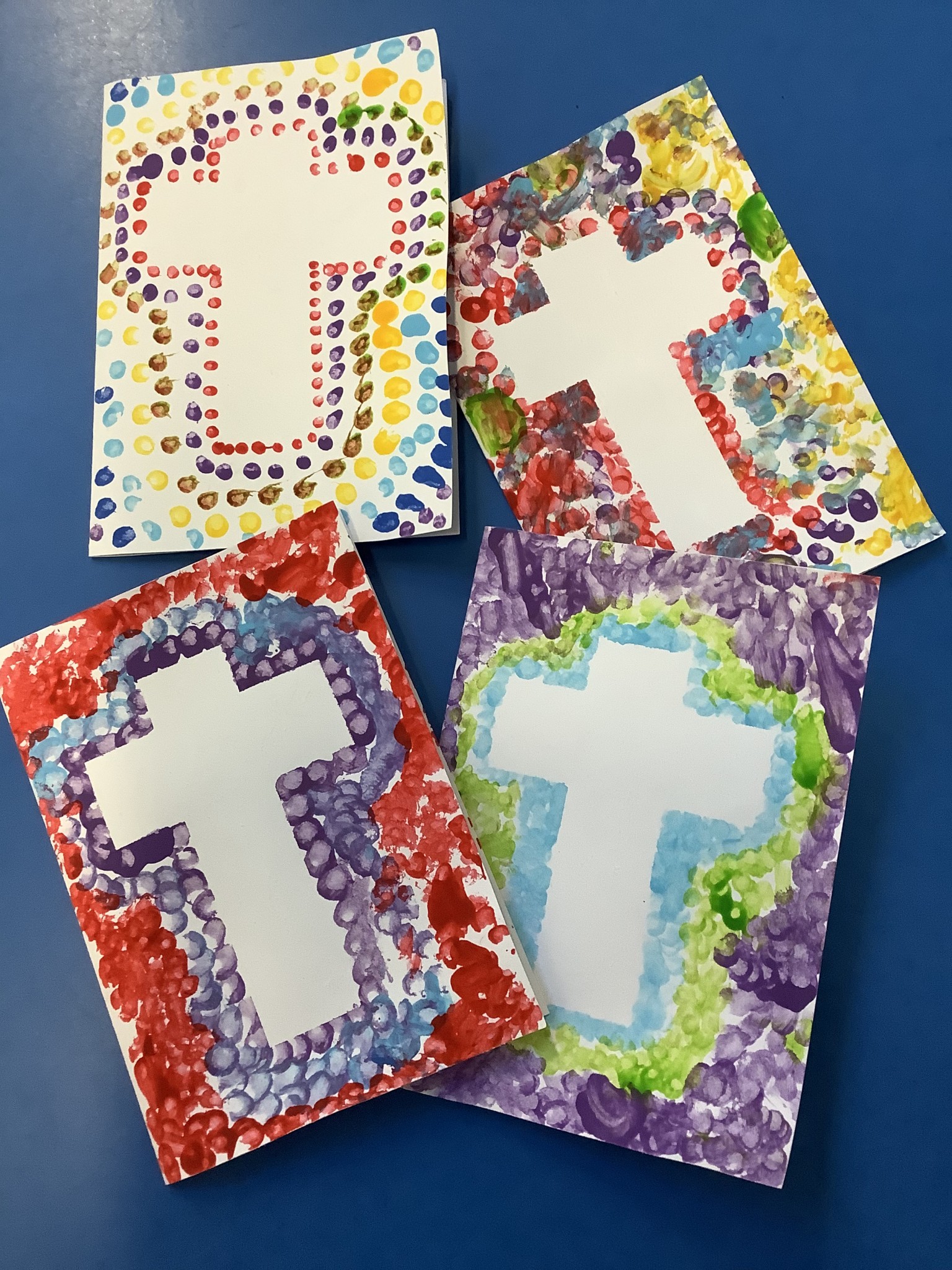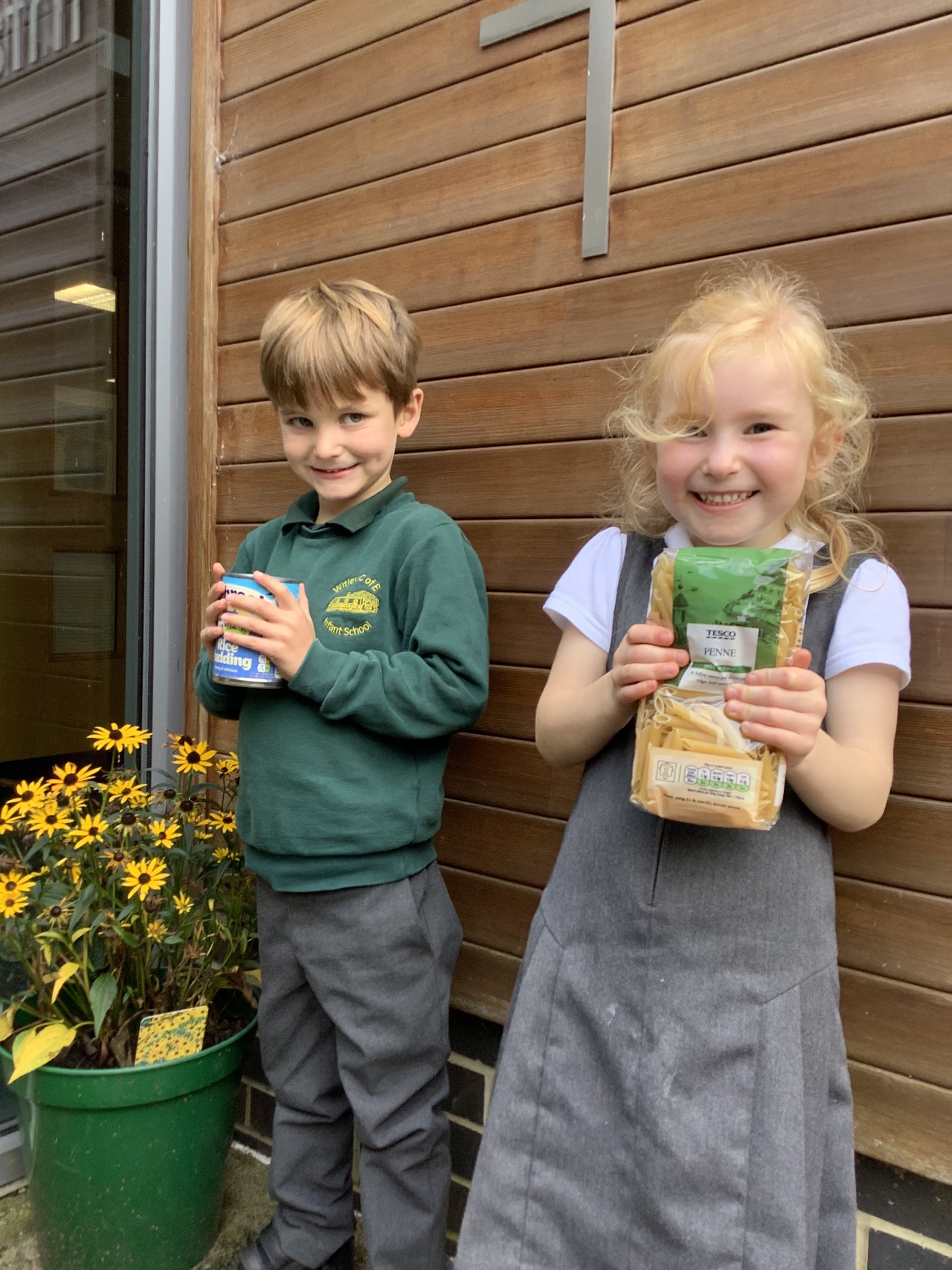Religious Education is unique in the school curriculum in that it is neither a core subject nor a foundation subject. The 1988 Education Act states that ‘Religious Education has equal standing in relation to core subjects of the National Curriculum in that it is compulsory for all registered pupils’. Our curriculum is structured to meet the requirements set out in the document ‘Religious Education in Church of England Schools, A Statement of Entitlement 2019’.
Our religious education is built on the foundations of the teachings of Christianity and to understand and respect other beliefs and major world faiths like Islam and Judaism. Our RE education helps children to respect and encourage us all to live well together. This is underpinned with Bible teachings, Christian beliefs and our Christian values of friendship, respect, joy, resilience, trust and confidence. Learning is at the heart of our school life, enabling all to flourish together with God’s love.
As a Church school we deliver our RE curriculum in accordance with the Surrey Agreed Syllabus. The Surrey Agreed Syllabus for Religious Education (2023-2028)) was approved and adopted by Surrey County Council in May 2023, for use in Surrey’s schools from 1st September 2023. The syllabus has been planned in a way that is coherent, utilises multi-disciplinary skills and builds pupils’ schemata, from EYFS to KS4. In addition, the syllabus helps pupils to understand their own and others’ worldviews, religious and non-religious, and appreciate the influences of these on everyday life.
The units of work outline substantive knowledge, ways of knowing (viewed through the multi-disciplinary ‘lenses’ of theology, sociology and philosophy) and personal knowledge, as well as key questions that might be asked to help shape the learning in different ways, and end of phase expectations.
RE lessons are taught on a weekly basis but there are many opportunities to apply many of the concepts and ideas in other areas of the curriculum. Easter and Parable Pause Days give more opportunities for us to come together and reflect. We challenge the children to think about what is being taught, and to question and comment both in their lessons and in collective worship.
Collective worship is an informative and enjoyable part of the school day. It offers time to learn, consolidate, question and reflect on what has been said. Our local Vicar delivers weekly collective worship and our All Saints ‘Open the Book’ team present a Bible story to the children several times a term. We enrich our learning with visits to our church for services such as Harvest, Easter and Christmas. All Saints.


